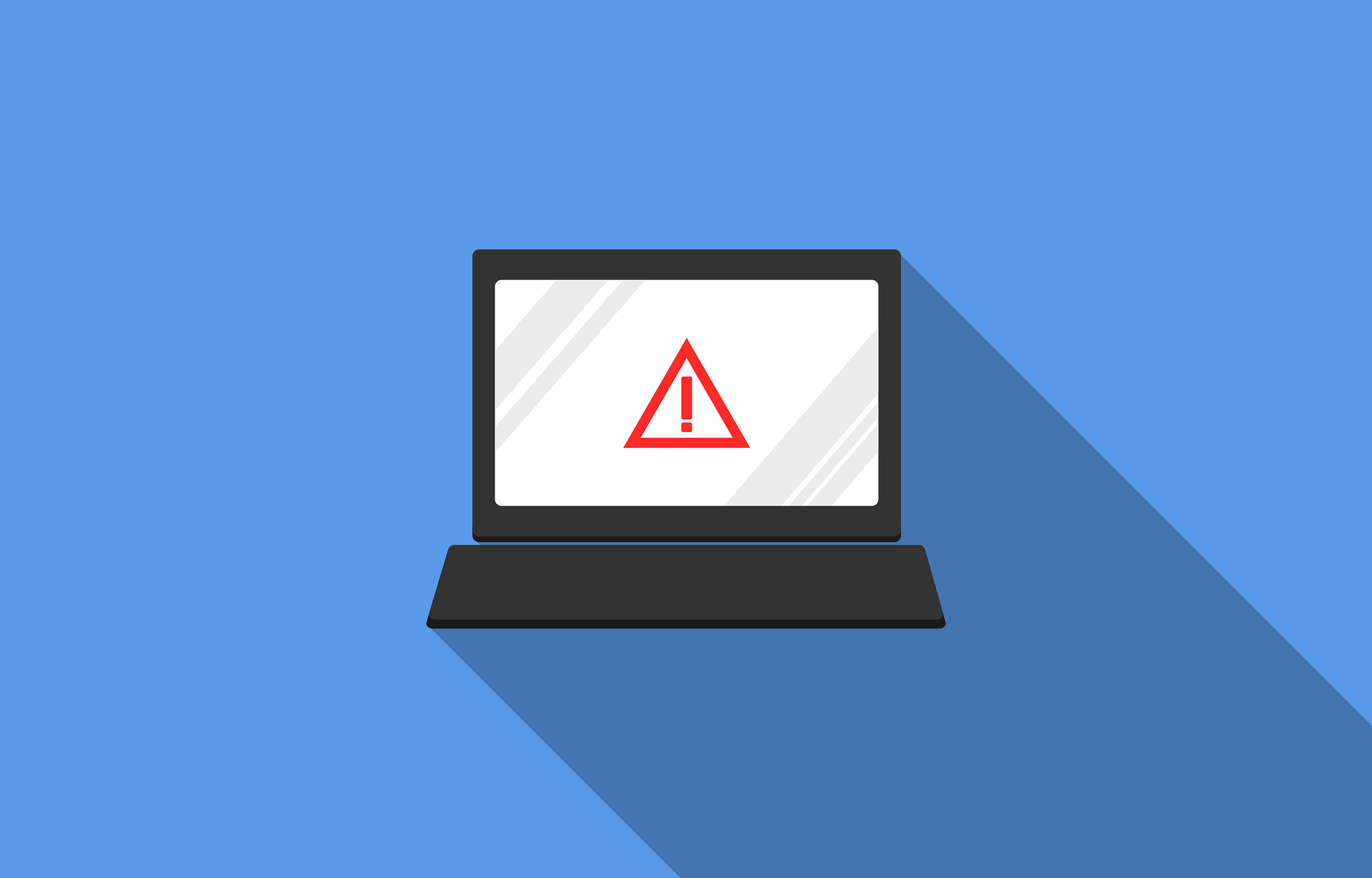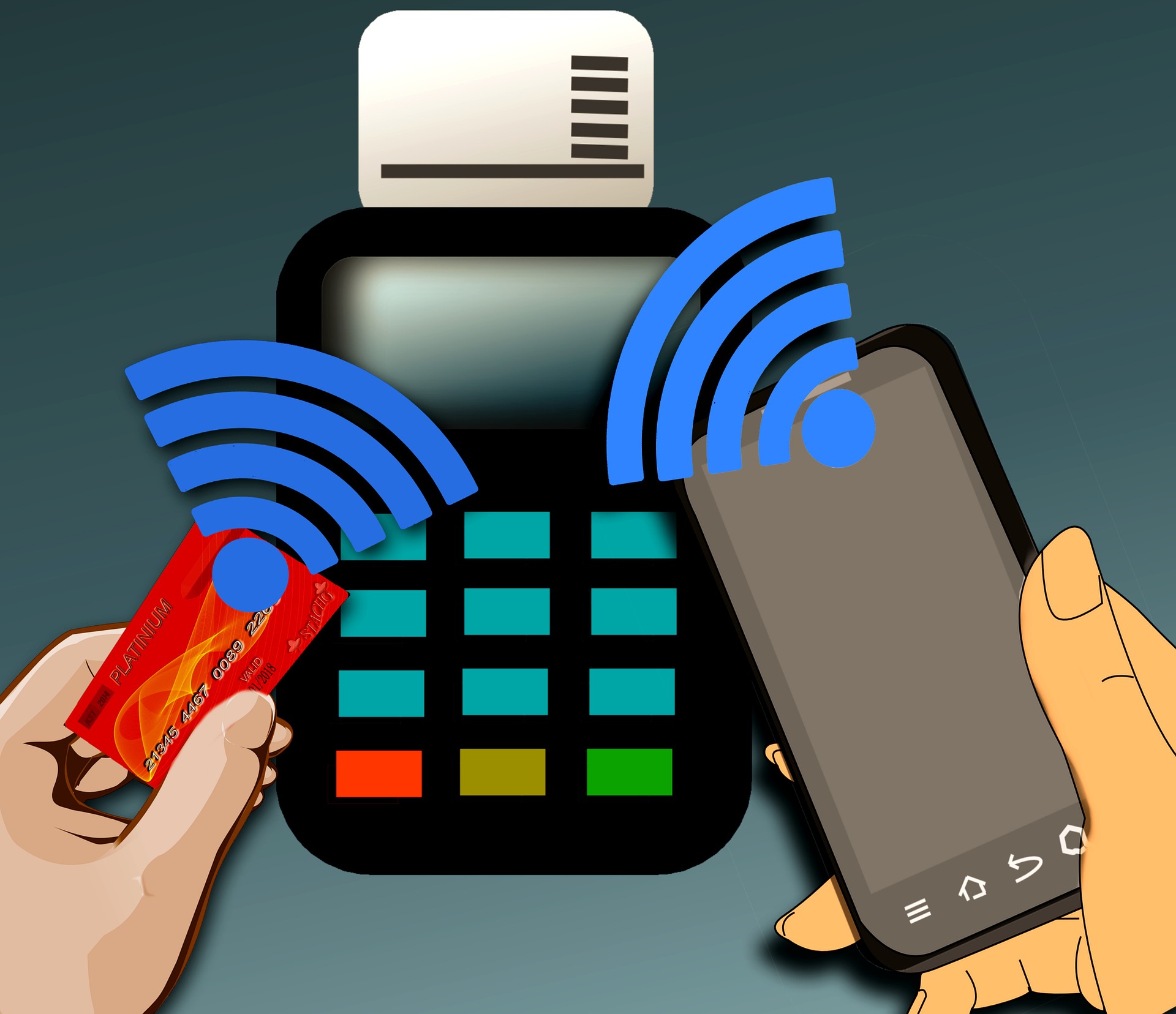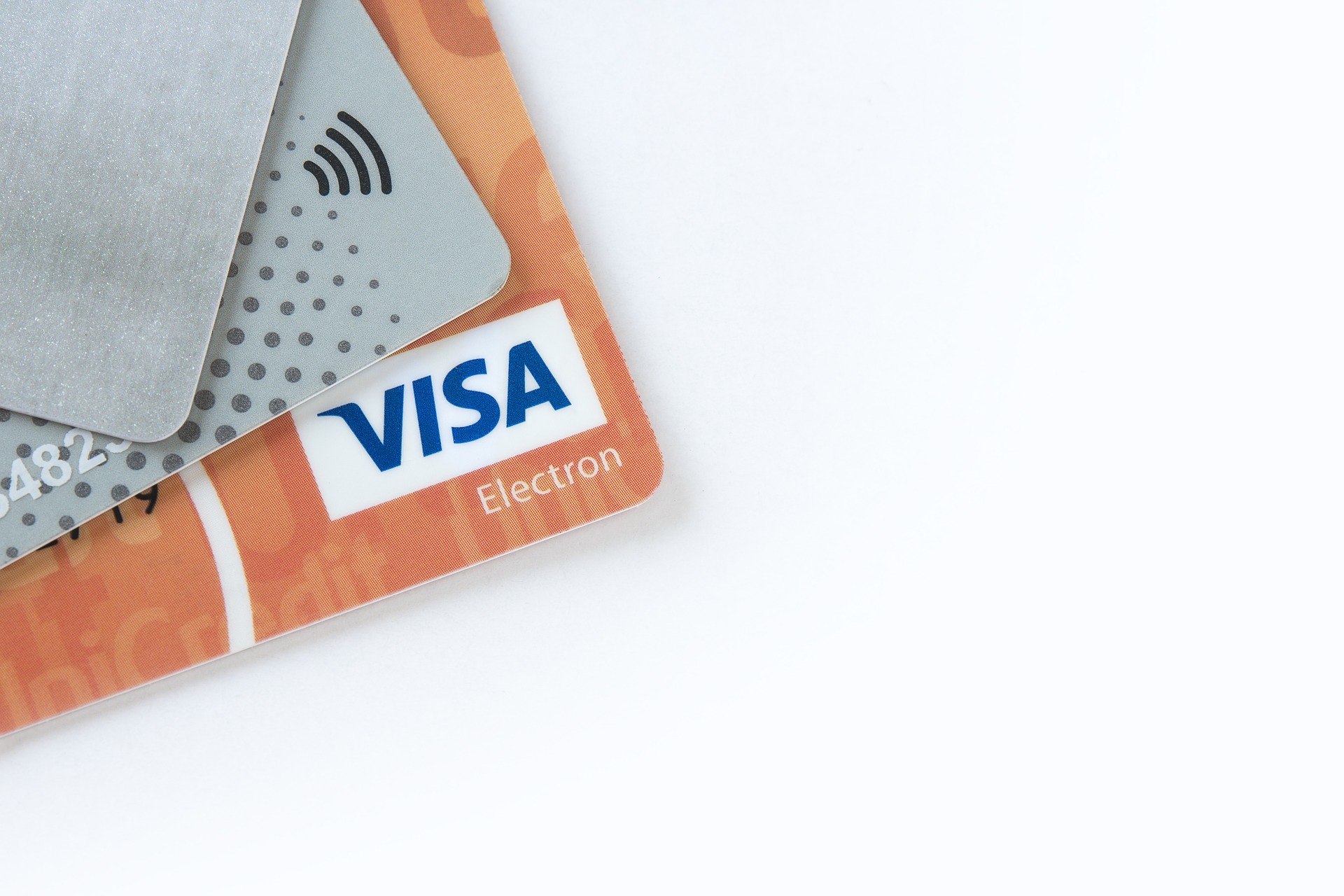 Breaking Industry News
Breaking Industry News
Breaking News articles for January 2020
Unsettling security breach trends revealed
Friday, January 31, 2020
 A pair of new reports suggests many companies, especially financial firms, are in precarious positions when it comes to securing data. A study out of the Ponemon Institute reveals an alarming upward trend in cybersecurity threats posed by insiders. And a report from Authentic8, a Silicon Valley specializing in web security, uncovers a "surprising disconnect" between key compliance and data protection stakeholders within leading financial firms.
The Authentic8 report, Surprising Disconnect over Compliance and Secure Web Use at Financial Firms, is based on in-depth surveys of decision makers in IT, legal and compliance roles at financial firms. It includes this warning for executives in those roles: "restore trust and get into sync."
A pair of new reports suggests many companies, especially financial firms, are in precarious positions when it comes to securing data. A study out of the Ponemon Institute reveals an alarming upward trend in cybersecurity threats posed by insiders. And a report from Authentic8, a Silicon Valley specializing in web security, uncovers a "surprising disconnect" between key compliance and data protection stakeholders within leading financial firms.
The Authentic8 report, Surprising Disconnect over Compliance and Secure Web Use at Financial Firms, is based on in-depth surveys of decision makers in IT, legal and compliance roles at financial firms. It includes this warning for executives in those roles: "restore trust and get into sync."
USAA wins patent suit against Wells Fargo
Wednesday, January 29, 2020
 The United Services Automobile Association – an insurance company and savings bank better known as USAA that serves military families – won a patent infringement claim against Wells Fargo Bank for using USAA’s patented mobile remote deposit capture technology. The decision, which is expected to be appealed, throws into question whether other banks and credit unions offering mobile RDC could be on the hook with USAA, too.
The jury decision to award USAA $102.8 million, reached earlier this month in a U.S. District Court in Texas, came on the heels of a November 2019 jury verdict awarding $200 million in damages to USAA, to be paid by Wells Fargo for infringing on other USAA mobile RDC patents.
The United Services Automobile Association – an insurance company and savings bank better known as USAA that serves military families – won a patent infringement claim against Wells Fargo Bank for using USAA’s patented mobile remote deposit capture technology. The decision, which is expected to be appealed, throws into question whether other banks and credit unions offering mobile RDC could be on the hook with USAA, too.
The jury decision to award USAA $102.8 million, reached earlier this month in a U.S. District Court in Texas, came on the heels of a November 2019 jury verdict awarding $200 million in damages to USAA, to be paid by Wells Fargo for infringing on other USAA mobile RDC patents.
Security scams catch more phish
Tuesday, January 28, 2020
 In an ironic twist, recent studies found fake security alerts generate more attacks than all other phishing categories. KnowBe4’s Q4: 2019 top-clicked phishing report, published Jan. 15, 2020, found security-related subject lines are just as beguiling to consumers as giveaway offers. Additional insights by Retruster Inc. indicated that 90 percent of all data breaches stem from email phishing attacks.
Researchers found 39 percent of survey respondents clicked on messages to check a password immediately. Top-clicked social media attacks were found in messaging apps on LinkedIn (55 percent) and Facebook (28 percent). Social media messaging apps are frequently exploited due to their familiar, legitimate appearance, the study found.
In an ironic twist, recent studies found fake security alerts generate more attacks than all other phishing categories. KnowBe4’s Q4: 2019 top-clicked phishing report, published Jan. 15, 2020, found security-related subject lines are just as beguiling to consumers as giveaway offers. Additional insights by Retruster Inc. indicated that 90 percent of all data breaches stem from email phishing attacks.
Researchers found 39 percent of survey respondents clicked on messages to check a password immediately. Top-clicked social media attacks were found in messaging apps on LinkedIn (55 percent) and Facebook (28 percent). Social media messaging apps are frequently exploited due to their familiar, legitimate appearance, the study found.
D2C models threaten retailers
Friday, January 24, 2020
 Separate research studies published Jan. 22, 2020, by Ascential plc and Bluecore found consumer brands more adept than merchants at converting customer data into actionable, personalized campaigns. Ascential’s Future Retail Disruption report found real-time data derived from digital channels and advanced analytics is fueling an agile retail marketplace. Retailers need to be faster and more flexible to meet consumer expectations, according to the study.
“As retailers fight for customer loyalty, speed and flexibility in fulfillment are emerging as major competitive battlefields, requiring support from brands,” Ascential researchers wrote.
Separate research studies published Jan. 22, 2020, by Ascential plc and Bluecore found consumer brands more adept than merchants at converting customer data into actionable, personalized campaigns. Ascential’s Future Retail Disruption report found real-time data derived from digital channels and advanced analytics is fueling an agile retail marketplace. Retailers need to be faster and more flexible to meet consumer expectations, according to the study.
“As retailers fight for customer loyalty, speed and flexibility in fulfillment are emerging as major competitive battlefields, requiring support from brands,” Ascential researchers wrote.
US card giants one step closer to China
Wednesday, January 22, 2020
 The trade agreement signed this month between the United States and China contained some good news for U.S. payments giants Mastercard, Visa and American Express: a shot at access to China’s $27 trillion payments market. To date, the Chinese market for electronic payments has been dominated by two Chinese firms, Alipay, a subsidiary of Alibaba, and WeChat Pay, the payments ecosystem that supports the country’s WeChat messaging and social media platform.
Phase One of the U.S.-China trade agreement, signed with much fanfare at the White House ceremony on Jan. 14, 2020, specifically mentions the three leading U.S. card brands in stating the Chinese government will expedite applications for banks and payment networks to operate on mainland China.
The trade agreement signed this month between the United States and China contained some good news for U.S. payments giants Mastercard, Visa and American Express: a shot at access to China’s $27 trillion payments market. To date, the Chinese market for electronic payments has been dominated by two Chinese firms, Alipay, a subsidiary of Alibaba, and WeChat Pay, the payments ecosystem that supports the country’s WeChat messaging and social media platform.
Phase One of the U.S.-China trade agreement, signed with much fanfare at the White House ceremony on Jan. 14, 2020, specifically mentions the three leading U.S. card brands in stating the Chinese government will expedite applications for banks and payment networks to operate on mainland China.
Travelex partially restored after cyberattack
Tuesday, January 21, 2020
 London-based Travelex disclosed Jan. 17, 2020, that its automated order placement service is back online in the United Kingdom, the global foreign exchange company’s largest market. Travelex CEO Tony D’Souza thanked partners, customers and staff for their patience as the company works to restore services following a Dec. 31, 2019, ransomware attack that impacted worldwide operations and put partnering organizations around the world in harm’s way.
London-based Travelex disclosed Jan. 17, 2020, that its automated order placement service is back online in the United Kingdom, the global foreign exchange company’s largest market. Travelex CEO Tony D’Souza thanked partners, customers and staff for their patience as the company works to restore services following a Dec. 31, 2019, ransomware attack that impacted worldwide operations and put partnering organizations around the world in harm’s way.
Blackhawk study highlights digital wallet growth
Friday, January 17, 2020
 A recent study by Blackhawk Network makes a case for implementing mobile wallets in retail and hospitality establishments. Talbott Roche, Blackhawk Network CEO and president, pointed out that the cost of losing market share far outweighs any investments in infrastructure upgrades.
Citing research highlights presented at NRF 2020 on Jan. 13, 2020, Roche indicated that three out of five smartphone owners use some form of mobile wallet, but few digital payments options are available at U.S. brick-and-mortar stores. She noted that U.S. mobile wallet spend may reach $190 billion by 2021 and urged retailers to offer more digital payments options at checkout.
A recent study by Blackhawk Network makes a case for implementing mobile wallets in retail and hospitality establishments. Talbott Roche, Blackhawk Network CEO and president, pointed out that the cost of losing market share far outweighs any investments in infrastructure upgrades.
Citing research highlights presented at NRF 2020 on Jan. 13, 2020, Roche indicated that three out of five smartphone owners use some form of mobile wallet, but few digital payments options are available at U.S. brick-and-mortar stores. She noted that U.S. mobile wallet spend may reach $190 billion by 2021 and urged retailers to offer more digital payments options at checkout.
Visa’s Plaid acquisition a Big Show stopper
Tuesday, January 14, 2020
 Two days into NRF 2020, Visa’s $5.3 billion dollar Plaid acquisition, disclosed Jan. 13, 2013, momentarily stole retail’s Big Show. Payments analysts reacted to the news with a mixture of awe and disbelief. Among them was Fintech Today’s Ian Kar, who stated, “I didn’t really expect this.” He suggested Visa may have seen Plaid as a threat due to the ways in which its financial network manages funds and data at scale.
Al Kelly, CEO and chairman of Visa, described Plaid as a fintech leader with best-in-class capabilities and talent. “The acquisition, combined with our many fintech efforts already underway, will position Visa to deliver even more value for developers, financial institutions and consumers,” he said.
Two days into NRF 2020, Visa’s $5.3 billion dollar Plaid acquisition, disclosed Jan. 13, 2013, momentarily stole retail’s Big Show. Payments analysts reacted to the news with a mixture of awe and disbelief. Among them was Fintech Today’s Ian Kar, who stated, “I didn’t really expect this.” He suggested Visa may have seen Plaid as a threat due to the ways in which its financial network manages funds and data at scale.
Al Kelly, CEO and chairman of Visa, described Plaid as a fintech leader with best-in-class capabilities and talent. “The acquisition, combined with our many fintech efforts already underway, will position Visa to deliver even more value for developers, financial institutions and consumers,” he said.
Green products top price, according to IBM, NRF
Friday, January 10, 2020
 Global demand for sustainable products and services was a key takeaway in a study published Jan. 10, 2020, by the IBM Business Institute for Business Value and the National Retail Federation. Nearly 19,000 shoppers from 28 countries and various age groups and backgrounds participated in the survey, which sought to identify emerging consumer and retail trends.
Mark Mathews, vice president of research development and industry analysis at the NRF, said the survey revealed a new type of environmentally conscious consumer. “Shoppers today show an increased willingness to pay premiums for products that align with their values,” he stated. “The study’s findings show that today’s retailers need to be proactive in evaluating and understanding what drives current and future core buyers while still boosting margins for their business.”
Global demand for sustainable products and services was a key takeaway in a study published Jan. 10, 2020, by the IBM Business Institute for Business Value and the National Retail Federation. Nearly 19,000 shoppers from 28 countries and various age groups and backgrounds participated in the survey, which sought to identify emerging consumer and retail trends.
Mark Mathews, vice president of research development and industry analysis at the NRF, said the survey revealed a new type of environmentally conscious consumer. “Shoppers today show an increased willingness to pay premiums for products that align with their values,” he stated. “The study’s findings show that today’s retailers need to be proactive in evaluating and understanding what drives current and future core buyers while still boosting margins for their business.”
Cross-channel shopping drives 2019 holiday spend
Wednesday, January 08, 2020
 As payments and retail analysts predicted, omnichannel commerce played a major role in 2019 holiday spend, outperforming digital-only and in-store only shopping. Trends such as buy online, pick up in store (BOPIS) and purchases made in stores after returning ecommerce items, can blur the lines between physical and digital shopping, according to Phil Rist, executive vice president strategy at Prosper Insights & Analytics.
“The growth in online retail sales is a tide that lifts everybody,” Rist said. “When consumers are buying from retailers online but picking up or making returns in-store, it is more and more difficult to distinguish between the sales retailers make in their stores and the ones they make on their websites.”
As payments and retail analysts predicted, omnichannel commerce played a major role in 2019 holiday spend, outperforming digital-only and in-store only shopping. Trends such as buy online, pick up in store (BOPIS) and purchases made in stores after returning ecommerce items, can blur the lines between physical and digital shopping, according to Phil Rist, executive vice president strategy at Prosper Insights & Analytics.
“The growth in online retail sales is a tide that lifts everybody,” Rist said. “When consumers are buying from retailers online but picking up or making returns in-store, it is more and more difficult to distinguish between the sales retailers make in their stores and the ones they make on their websites.”
New Fed data points to soaring card payments
Tuesday, January 07, 2020
 Americans continue to ring up a growing share of purchases using credit and debit cards. New data published by the Federal Reserve reveals that growth in credit and debit card payments is outpacing growth in all other forms of noncash payments.
Americans made 174.2 billion noncash payments in 2018, an increase of 30.6 billion (or nearly 4.7 percent) over 2015, according to the 2019 Federal Reserve Payments Study. The combined value of “core” noncash payments (credit and debit cards, ACH and check payments) totaled $97.04 trillion, an increase of $10.25 trillion (or 8.47 percent) over 2015, the Fed said.
Americans continue to ring up a growing share of purchases using credit and debit cards. New data published by the Federal Reserve reveals that growth in credit and debit card payments is outpacing growth in all other forms of noncash payments.
Americans made 174.2 billion noncash payments in 2018, an increase of 30.6 billion (or nearly 4.7 percent) over 2015, according to the 2019 Federal Reserve Payments Study. The combined value of “core” noncash payments (credit and debit cards, ACH and check payments) totaled $97.04 trillion, an increase of $10.25 trillion (or 8.47 percent) over 2015, the Fed said.
IoT-based cyberattacks expected in 2020
Friday, January 03, 2020
 A Dec. 31, 2019 malware attack on Travelex reflects a new wave of advanced, automated attacks against financial infrastructure, experts warned shortly after the breach. First reported by the Wall Street Journal and TechCrunch, the attack that forced the retail foreign exchange service to close its mobile app and worldwide network was initiated by a computer-borne virus.
In a Jan. 2, 2020 TechCrunch article, Zach Whittaker reported the global outage is disrupting financial institutions, such as Tesco Bank, that rely on Travelex services. The article, “Travelex suspends services after malware attack,” indicated the Travelex corporate site is offline while the company makes “upgrades.” The company posted notices on its Twitter accounts indicating that staff are “unable to perform transactions on the website or through the app,” he wrote.
A Dec. 31, 2019 malware attack on Travelex reflects a new wave of advanced, automated attacks against financial infrastructure, experts warned shortly after the breach. First reported by the Wall Street Journal and TechCrunch, the attack that forced the retail foreign exchange service to close its mobile app and worldwide network was initiated by a computer-borne virus.
In a Jan. 2, 2020 TechCrunch article, Zach Whittaker reported the global outage is disrupting financial institutions, such as Tesco Bank, that rely on Travelex services. The article, “Travelex suspends services after malware attack,” indicated the Travelex corporate site is offline while the company makes “upgrades.” The company posted notices on its Twitter accounts indicating that staff are “unable to perform transactions on the website or through the app,” he wrote.

